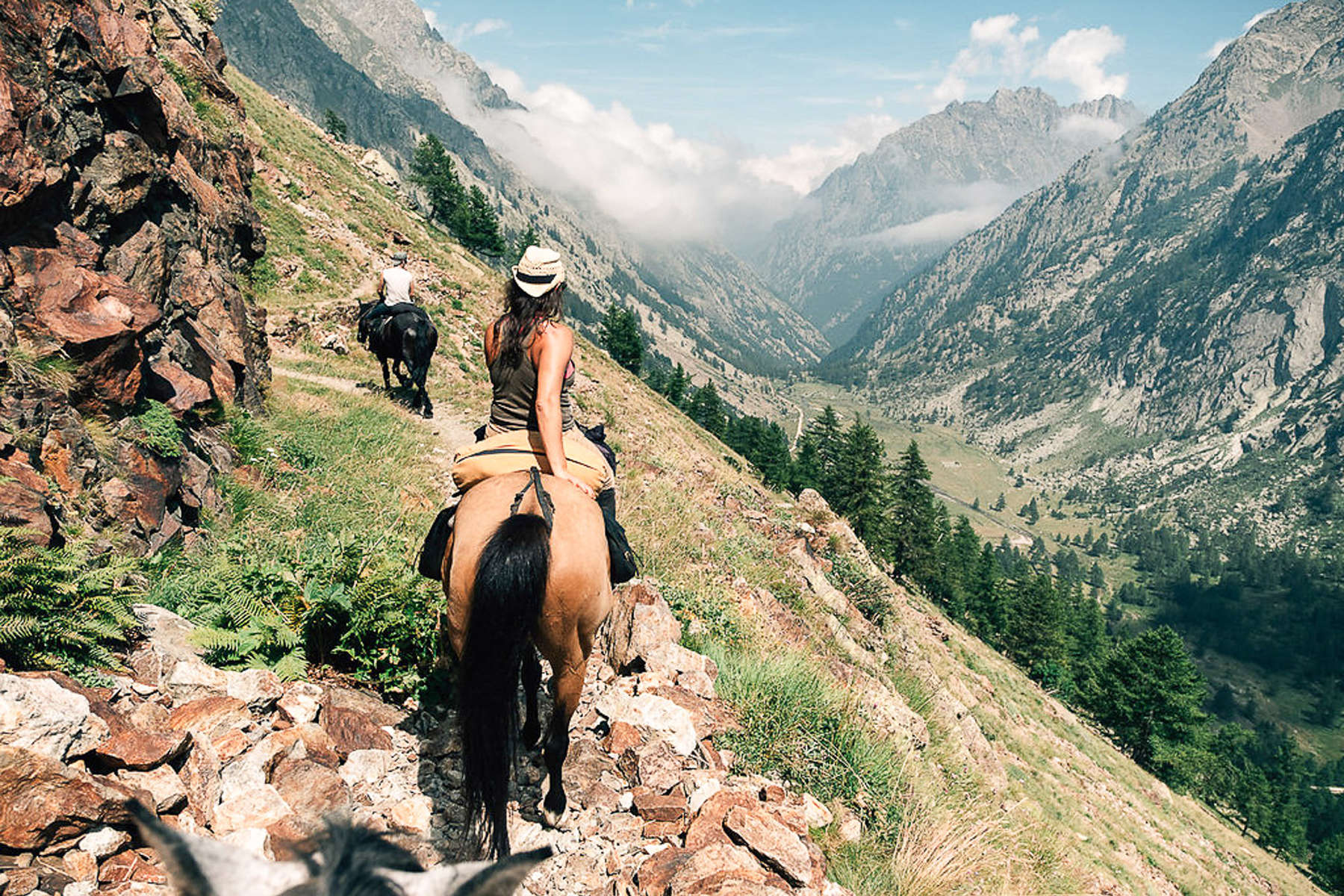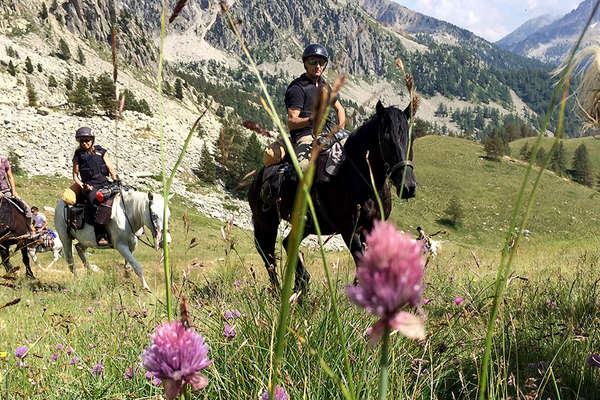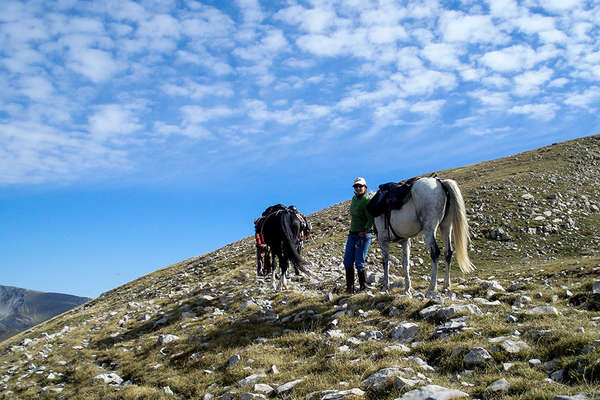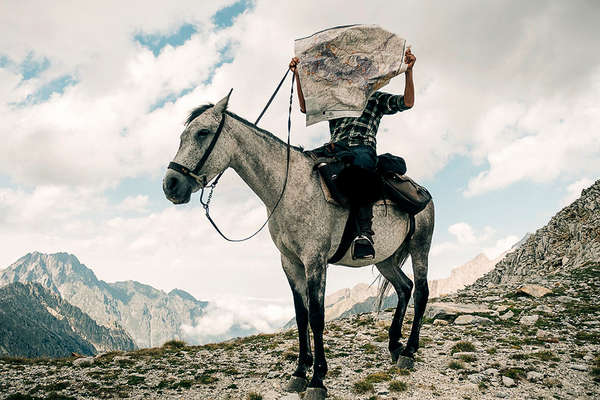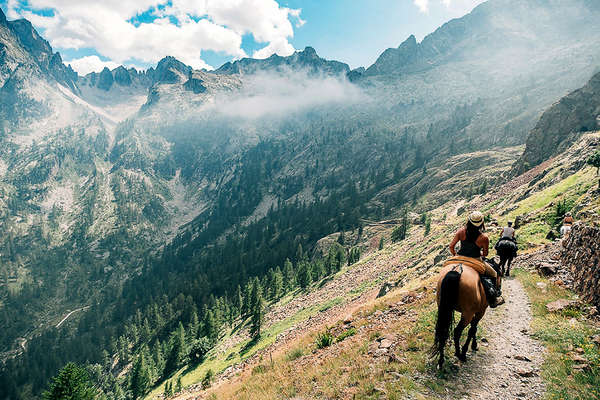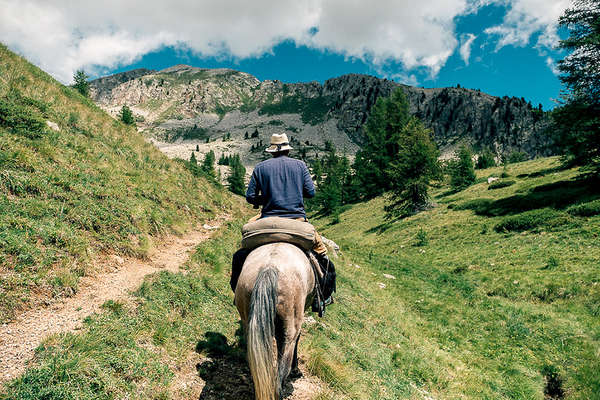Please refer to your home country's Foreign Office website for up-to-date information. Although we endeavour to keep this section updated, requirements can change quickly, and your home country's Foreign Office website takes precedence.
This section is mostly directed towards UK citizen. Other nationalities, please contact us.
You can travel to countries in the Schengen area for up to 90 days in any 180-day period without a visa. This applies if you travel as a tourist, to visit family or friends, to attend business meetings, cultural or sports events, or for short-term studies or training.
Visits to Schengen countries within the previous 180 days before you travel count towards your 90 days.
At border control, you may need to:
- Show a return or onward ticket
- Show you have enough money for your stay
- Show proof of insurance
- Have your passport stamped on entry/exit
You must have a ‘date of issue’ less than 10 years before the date you arrive – if you renewed your passport before 1 October 2018, it may have a date of issue that is more than 10 years ago.
You should also have an ‘expiry date’ at least 90 days after the date you plan to leave.
Check your passport is valid for travel before you book your trip.
EU Entry/Exit System for non-EU travellers
From October 2025, the new EU Entry/Exit System (EES) will start for all non-EU nationals travelling in or out of the Schengen area.
The EES is a digital border system which registers non-EU visitors travelling into the Schengen area instead of stamping their passports.
You will need to have your fingerprints and your photo taken when entering and exiting the Schengen area.
You may experience longer queues at borders when the new system starts. You can read more information
here.
Please
click here to check the updated entry requirements.
It’s important to take out appropriate travel insurance for your needs. A GHIC or EHIC is not an alternative to travel insurance and you should have both before you travel. It does not cover all health-related costs, for example, medical repatriation, ongoing medical treatment and non-urgent treatment.
UK Citizens: A
UK Global Health Insurance Card (
GHIC) gives you the right to access state-provided healthcare during a temporary stay in the European Union (EU).
Travellers should ideally arrange an appointment with their GP around five weeks before travelling. This appointment provides an opportunity to assess health risks taking into account a number of factors including destination, medical history, and planned activities.
For those with pre-existing health problems, an earlier appointment is recommended.
Please
click here to check health recommendations.
It is a condition of your booking with Equus Journeys that you have travel insurance which covers you for the riding activities to be undertaken. Your travel insurance should cover you for medical expenses and repatriation. Your guides may request your travel insurance details before they allow you to ride and may refuse to let you ride if you cannot provide them. You should take your insurance documents with you.
You can check our "Insurance Guide"
here.In France the power plugs and sockets are of type E (two prongs). The standard voltage is 230 V and the standard frequency is 50 Hz.
In France, the offical currency is the Euro.

